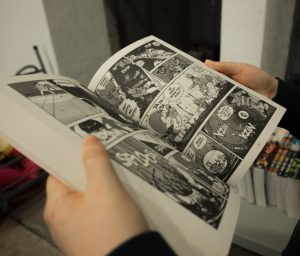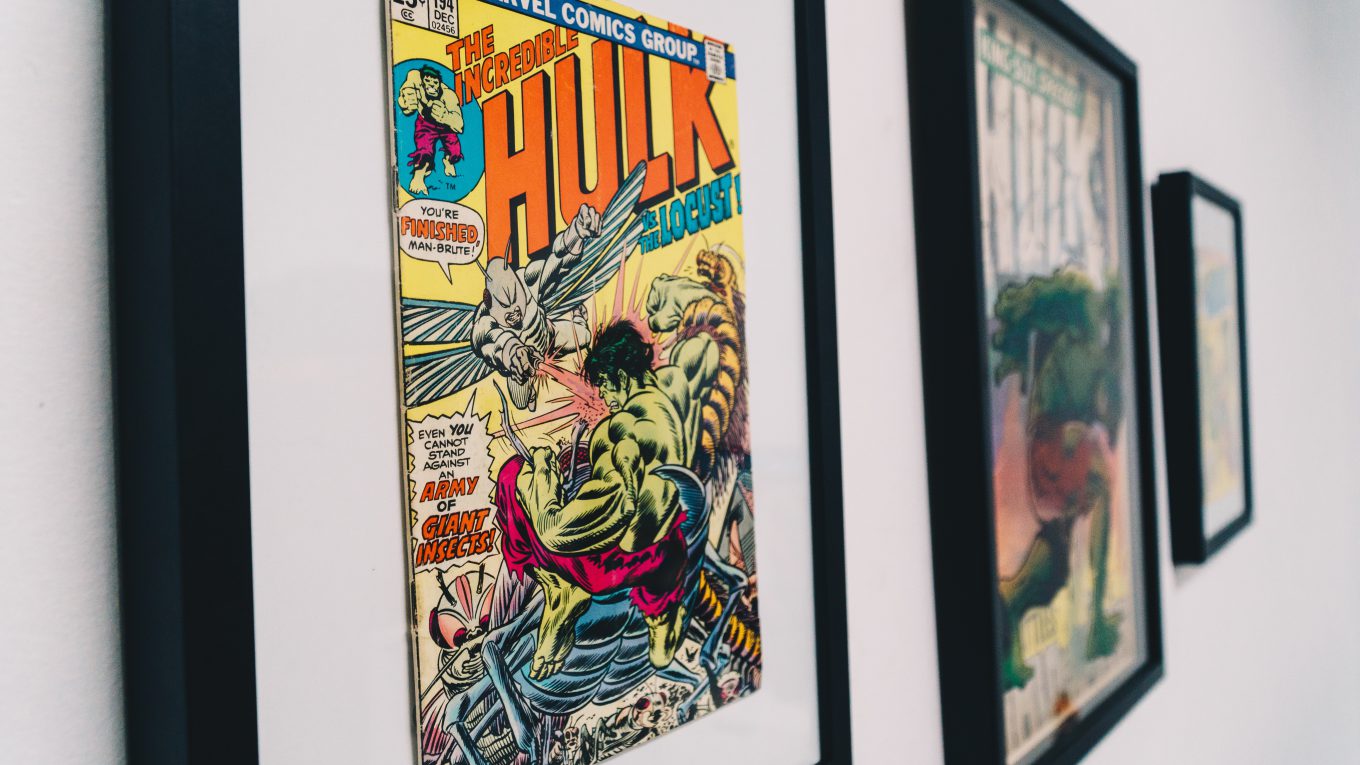The Effect of Superhero Comics on the Entertainment World
Marvel and DC are the biggest comic book names out there. Superheroes are now hotter than ever, and even those who are not geeks know the signature catchphrases of some of our favorite masked and caped characters. Whether it’s “I am the night”, “With great power comes great responsibility”, or “You won’t like me when I’m angry”, superheroes have become the staple of modern-day entertainment. Not only that, but the story-telling portion of superhero comic books has heavily influenced stories in other mediums and non-hero fiction. How have we arrived here?
Early Heroes

Early heroes were, during the Golden Age, perfect. They had no flaws, they were always super-resourceful, and you could count on them to get the job done. Their villains were evil for the sake of being evil. They either wanted money, power, or complete world domination or destruction. The highest moral dilemma a hero could potentially face was to choose between saving one person over the other and, even then, either they would come up with an ingenious last-minute plan, or deus ex machina would take care of everything, including whether the villain gets their punishment regardless of what the hero decided.
Video Games
The late 70s and early 80s gave us some of the first superhero video games. These games offered very little in terms of stories, settling for just using the brand and/or creating side-scroll beat ’em-ups. The graphics and the engines progressed, giving the players more options and demanding some sort of story behind the medium.
Meanwhile, the comic book characters were developing, becoming three-dimensional., and were given their own reasons for following their path and being tempted to stray from it. The story-telling also started to evolve beyond the usual tropes.
Ideas and Motifs

Originally, heroes were much like deities and folk heroes – they were perfect and indestructible, suitable protectors that functioned on a ‘what if’ principle. Their core beliefs were the truth, justice, protection of innocent life, and so on. We then brought them closer to people as some of these ideals are hard to maintain and life often brings us impossible conundrums and trolley problems we have no solutions to. So, what if the heroes faced them as well?
The reason behind this idea is that perfect being stopped being relatable. If a god on the comic book pages faces a dilemma, you would not be worried, nor even feel suspense, since you know everything will work out in the end.
This way of thinking also brought anti-heroes and villains closer to being understood. Evil people are not evil just for the sake of being villains, they are angry, scared, or simply selfish and looking out for number 1. On the other hand, heroes are no longer perfect – they are, in spirit if not species, human.
Other Stories

Comic book movies now are the modern version of spy movies and westerns. Westerns had more anti-heroes and reluctant heroes, though they were more supermen than everymen, as were spies (think 007). The interesting bit about this is that we, meaning the general public, now get to experience complex, high-quality stories in the movies, TV series, books, and so on. We now want characters we can relate to, whether they are good, bad, or irredeemable.
Consequences
There are a few consequences along the path, though. The comic book industry is slowly dying out, as the heroes are moving from the paper to the big screen. We also demand more consistency and better artwork for the comic in question to become noticed, let alone relevant. The entertainment market is becoming more competitive, and movies are now looking for giant story arcs in order to keep the audiences enchanted.


